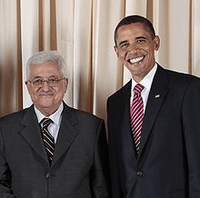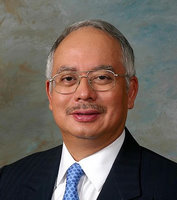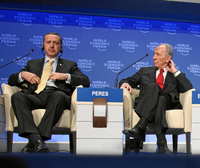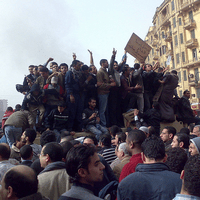
The news this past weekend of Russian Prime Minister Vladimir Putin’s impending return to the presidency has elicited a wide range of commentary on the potential impact it might have on Russia’s foreign policy and, in particular, on U.S.-Russia relations. There are several key points that one should keep in mind when considering the development. First, in the years since he left office in 2008 after serving as president since 2000, Putin has remained Russia’s most powerful figure. He has been able to determine policy in any area and any direction, constrained only by objective factors related to Russian state […]








